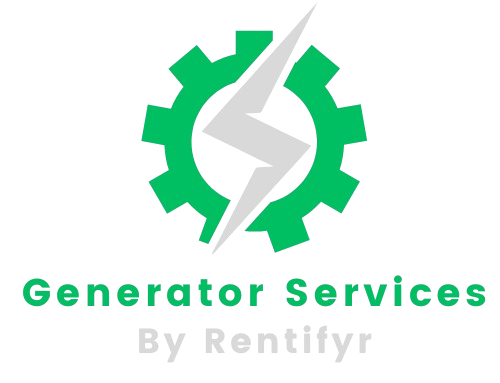Generators can be lifesavers during power outages, but they need careful handling. This guide covers key safety tips, real-world usage advice, and important things to keep in mind when using a generator.
Safety First: Avoiding Common Hazards
Carbon Monoxide Safety
Carbon monoxide (CO) is a silent killer. You can’t see or smell it, but it can be deadly. Here’s how to stay safe:
- Always run generators outdoors, at least 20 feet from your home.
- Never use a generator in a garage, even with the door open.
- Install CO detectors in your home and check them regularly.
Electrical Safety
Mishandling a generator’s electrical output can be dangerous. Follow these rules:
- Never plug a generator directly into a wall outlet. This is called backfeeding and it’s extremely dangerous.
- Use heavy-duty, outdoor-rated extension cords.
- Make sure your generator is properly grounded.
Fire Safety
Generators involve fuel and electricity, so fire safety is crucial:
- Store fuel in approved containers, away from living areas.
- Keep a fire extinguisher nearby.
- Let the generator cool before refueling.
Proper Generator Usage
Setting Up Your Generator
- Place it on a flat, dry surface.
- Use a canopy for weather protection, but ensure good airflow.
- Point the exhaust away from your home and neighbors.
Starting and Running Your Generator
- Check oil and fuel levels before starting.
- Start the generator before plugging in appliances.
- Add appliances one at a time to avoid overload.
For more on choosing the right generator, see our guide on how to choose and use a generator effectively.
Maintenance During Use
- Monitor fuel levels and refill when the tank is about 1/3 full.
- Check oil every 8-12 hours of continuous use.
- Watch for signs of overheating, like reduced power output.
Real-Life Scenarios
Power Outages
- Run your fridge for 15 minutes each hour to keep food cold.
- Use power strips to easily switch between appliances.
- Estimate 14-22 hours of run time per gallon of fuel for planning.
Outdoor Events
- Choose a quiet generator to avoid disrupting your event.
- Rope off the generator area for safety.
- Bring extra fuel and oil for longer events.
Construction Sites
- Follow OSHA regulations for generator use.
- Secure your generator to prevent theft.
- Use a power distribution box for multiple tools.
Long-Term Considerations
Maintenance Schedule
- Change the oil after the first 20 hours of use, then every 50-60 hours.
- Replace spark plugs annually.
- For long-term storage, drain the fuel or use a stabilizer.
Need help with maintenance? Check out our generator maintenance and repair services.
Upgrading Your Setup
- Consider a larger generator if you frequently max out your current one.
- A transfer switch makes connecting to your home’s electrical system safer and easier.
- Look into solar generators for an eco-friendly option.
Environmental Impact
- Use the newest generator models for lower emissions.
- Build a sound-dampening enclosure to reduce noise.
- Consider propane or natural gas generators for cleaner burning.
Troubleshooting Common Issues
- Won’t start? Check fuel, oil, and battery.
- Power fluctuations? You might be overloading the generator.
- Unusual noises? It’s time for a professional check-up.
Conclusion
Using a generator safely and effectively requires attention to detail and regular maintenance. By following these guidelines, you’ll be well-prepared for power outages and other situations where portable power is needed.
For more on how generators work, check out our Generators 101 guide. And if you’re unsure about what size generator you need, our article on finding the right generator size can help.
FAQs
- How often should I run my generator?
Run it for about 30 minutes every month to keep it in good condition. - Can I use my generator in the rain?
Only if it’s protected by a generator-specific enclosure. Never use it in wet conditions otherwise. - What’s the lifespan of a typical generator?
With proper maintenance, a good quality generator can last 10-20 years for occasional use, or 5-10 years for frequent use.
Remember, a well-maintained generator is a reliable generator. Stay safe and powered up!
